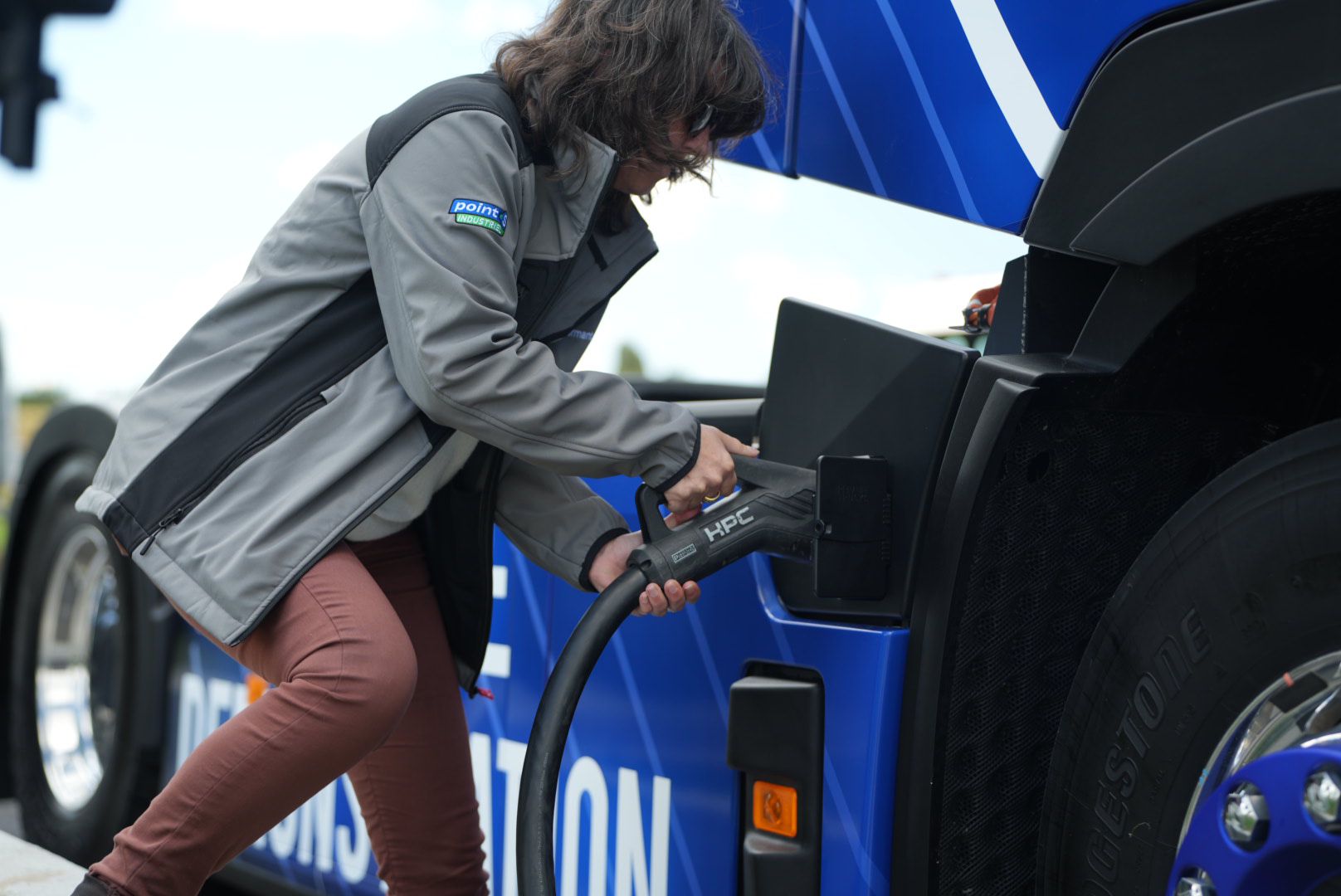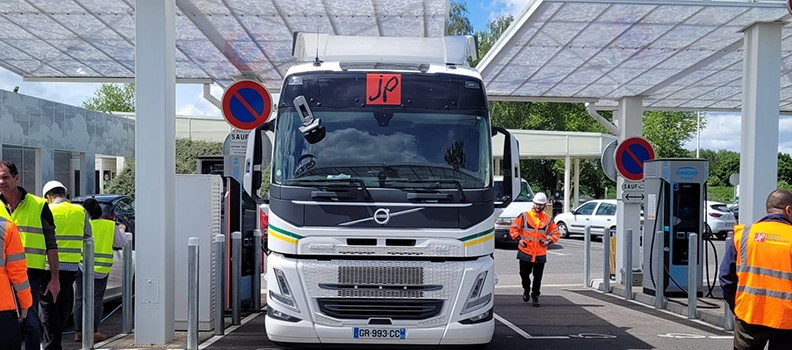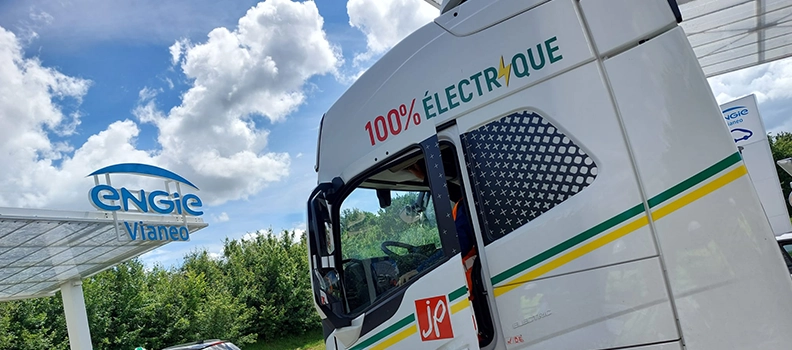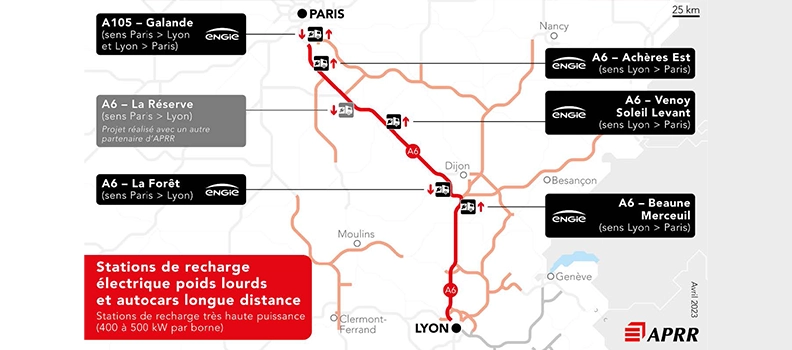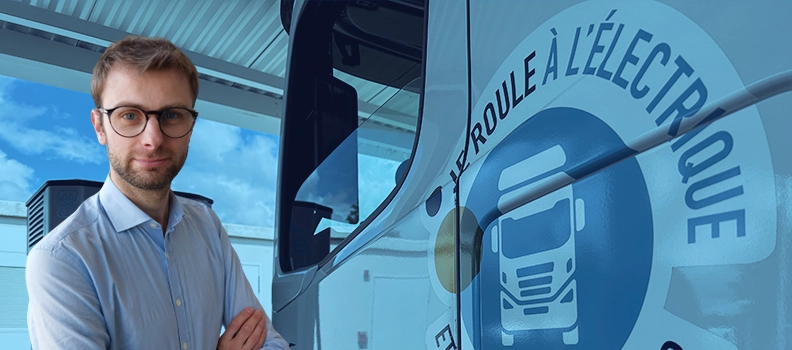Charging your electric car is almost as easy as charging your smartphone. As long as you follow the right instructions. What’s the ideal frequency for recharging? Is it a good idea to plug into a charging point every day? Here’s our practical advice on how to take better care of your vehicle’s battery and optimise recharging.

summary
▪ A question of use and autonomy
▪ 4 tips for optimizing recharging
A question of use and autonomy
You don’t necessarily need to recharge your electric car every day. It all depends on your lifestyle and vehicle type. The ideal frequency varies according to how you use it and the battery’s autonomy. For everyday urban use, with short journeys of around 30 km a day, daily recharging is not essential. In fact, over-frequent recharging is not recommended.
The most important thing is to maintain an optimum charge level: between 20% and 80% for the lithium-ion batteries found in most electric cars. To protect your battery, we recommend that you avoid extreme charging, below 20% and above 80%. Ultimately, it’s this action that will dictate the duration and frequency of your recharges.
For a long journey, however, a full charge is the best way to go the distance. We even recommend 100% normal or accelerated charging (22 kW three-phase), to reduce the need for fast-charging stations. These stations should only be used as back-up solutions, as they gradually damage the battery cells and cause premature wear. We also recommend that you unplug your vehicle once it has been fully charged. After that, your battery will heat up unnecessarily.
4 tips for optimising refills
- Installing an electric charging station at home allows you to recharge your car during off-peak hours. With a 7.4 kW (32 A) charging station, charging is up to three times faster than with a wall socket (8 A). So you can fill up on energy at your leisure, while limiting your consumption – and at a reduced cost! You can even install a recharging point in your condominium parking lot, thanks to the right to a plug.
- Adopting an eco-driving style will help you gain autonomy and optimize recharging. All you have to do is drive at a moderate pace, limiting your speed to 110 km/h on freeways and 100 km/h on expressways.
- The weight of your vehicle has an impact on its range. We advise you to limit your car’s load to what’s strictly necessary, without excess and, if possible, without using a roof box, so you can make your recharge last longer.
- In summer, we recommend that you allow your battery to cool down before recharging it. In very hot weather, your battery may overheat, discharge and wear out more quickly. This preventive cooling helps preserve its capacity and autonomy.
FAQ
For short daily journeys, this is not necessary: it’s better to limit recharging to 80%. Before a long journey, recharging to 100% gives you maximum range.
It’s not necessary. In cold weather, simply plug the car in before starting it and immediately switch on the heater to conserve the battery’s range.
Yes, the battery loses energy. It also expends energy to maintain a certain temperature. So you need to recharge it from time to time, even during the winter.
Thanks to eco-driving, you can save between 20% and 40% in energy consumption on your electric car, which means 20% to 40% more kilometres!

Recharger, c’est gagner avec l’application
Rechargez eReload and win with the application
Reload and earn rewards with our ENGIE Vianeo+ loyalty programme




